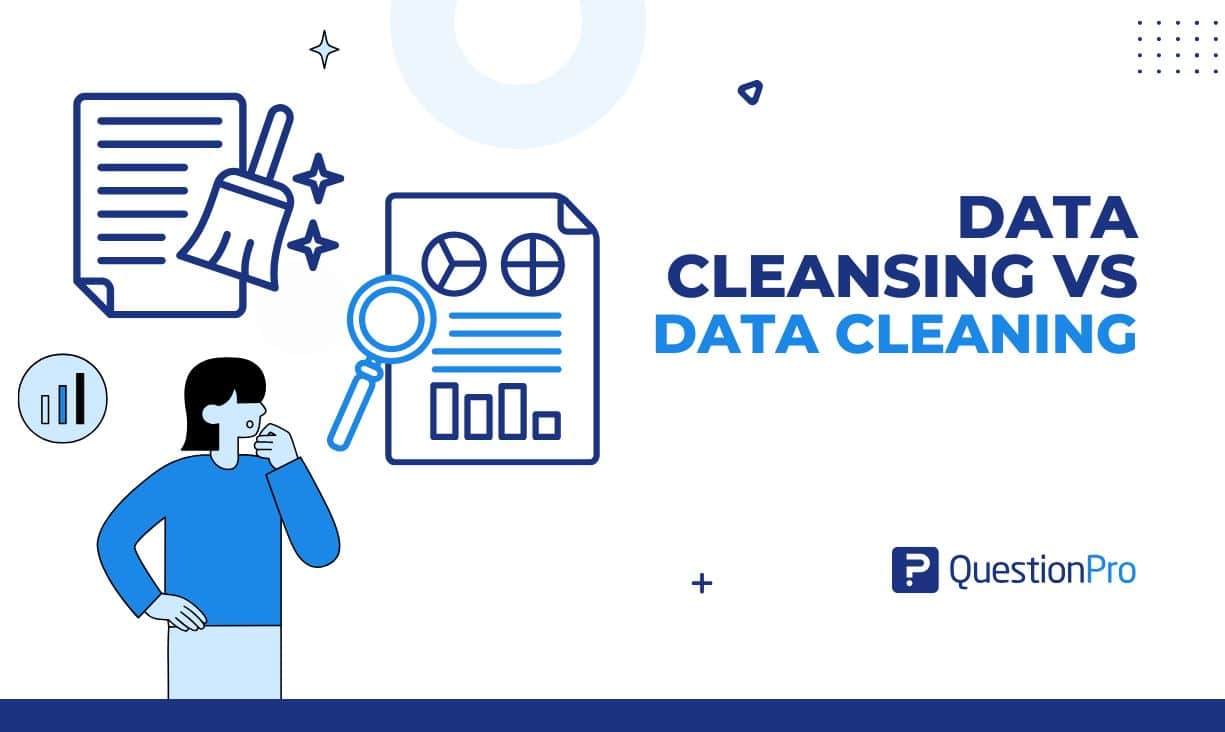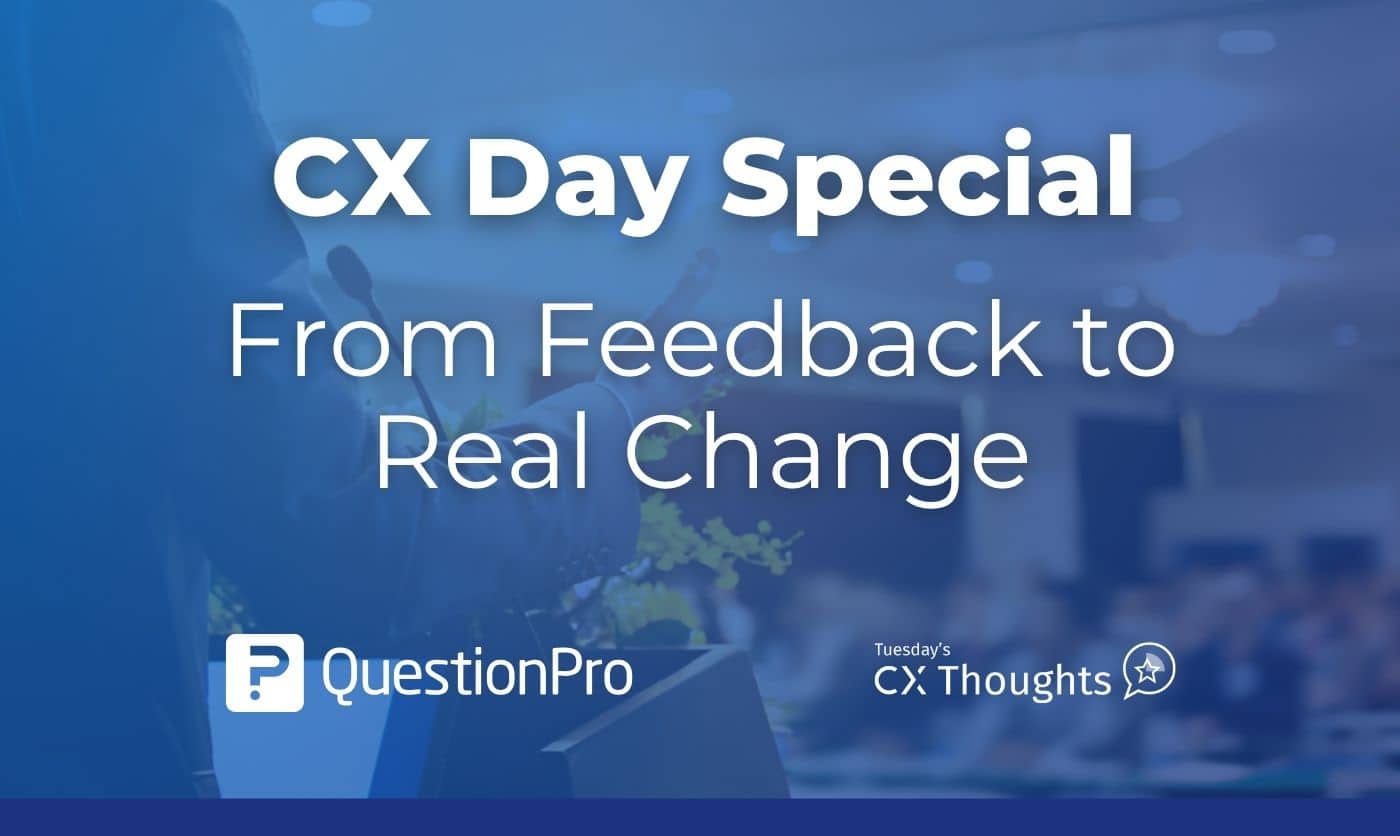
Determining the level of analysis is typically straightforward. But there is no universally accepted method for deciding whether or how to derive conclusions from one level of analysis to another.
The level of analysis is determined by the cases employed as the study’s units. These situations could involve a wide range of entities, such as nations, political parties, advertisements, families, or single people.
As a result, unit of analysis can take place at the level of the individual, the family, the advertisement, and so forth. However, the variables used at each given level of analysis could be very different.
This blog focuses on the four steps of the level of analysis in advancing international relations.
4 Steps & Contribution to International Relations
International relations, or the exchanges and relationships between many countries and ethnic groups, are intrinsically complicated in daily life and as a field of study.
Since Kenneth Waltz’s book Man, the State, and War came out in 1959, scholars and diplomats have found it helpful to think about the different things that affect international relations by breaking them down into three levels of analysis: individual, state, and international.
These several study layers shed light on the various causes behind why nations go to war, sign treaties, or form alliances. Are these causes related to the traits of confident leaders, the values of specific countries, or the features of the global system?
-
International or Systemic Level
According to the international or systemic level of analysis, it is not even necessary to consider the internal traits of states or persons to comprehend foreign policy in its entirety. Instead, aspects of the international system influence how countries operate by their power level.
The Cold War, a period of bipolarity in which the United States and the USSR both possessed significant power, provides the most precise illustration of world-level analysis.
Conflicts will unavoidably exist when two countries control the bulk of the world’s power. Their choices will be predicated on preserving their power among nations and preventing other countries from obtaining greater power.
A tripolar system developed in the 1970s as China rose to prominence, and everyone avoided being the “odd man” out because the other two countries were united against the third. To exert diplomatic pressure on the USSR, the United States took advantage of this and reopened diplomatic relations with China.
A more recent example would be the U.S. invasion of Iraq; proponents of international level analysis contend that because the United States is the sole superpower in a unipolar system, it must use military action to assert and sustain its dominance.
-
Level of State
Supporters of state-level analysis contend that the international system level only provides a partial account of international relations and that a more thorough explanation can be found by looking at the backgrounds of states, including their governing structures, economic performance, geographic location, historical events, and cultural values.
From this customer perspective, it’s critical to recognize that the Cold War involved not just two superpowers but also democracy as one of the two powers. The two major powers’ capitalist and communist economic systems are likewise influential.
According to a state-level analyst, one of the elements leading to the end of the Cold War was the USSR’s economy collapsing in the 1980s. The American cultural presumption that its political and economic systems are “excellent” and other systems are “evil” may help to explain why the United States intervened in Iraq.
-
Individual Level
Finally, the “great man in history” notion is emphasized at the individual level. According to this theory, leaders’ personalities directly affect their foreign policy. Leaders actively influence international relations rather than merely reacting mechanically to national or international systems.
The explanation of World War II through Adolf Hitler’s leadership is arguably the most prominent example of an individual-level analysis. Another example is when researchers ascribe the conclusion of the Cold War to the friendship between President Reagan and Soviet leader Gorbachev.
Using the Iraq War as an example, an individual-level analysis would look at the ideologies and personalities of George W. Bush, Donald Rumsfeld, Dick Cheney, and other significant figures who had a say in the U.S. military’s course of action.
-
Marxism and Levels of Analysis
The majority of international relations theories fit into one of the three categories. However, Marxism places class as the category that underlies all political connections rather than relying solely on the individual, state, or international levels.
Power brokers, who are members of the ruling or elite class, make decisions. Until the working class has control over the means of production, the wealthy, capital-holding class will continue to rule over the working class.
On a global scale, class relations also help to explain imperialism. Capitalist countries in the late 19th and early 20th centuries required raw materials and markets for their manufactured goods.
Most of Western Europe adopted an imperialist foreign policy due to these forces, which, according to Marxists, still influence modern-day international relations thanks to the global financial oligarchy of multinational banks and corporations.
According to the Marxist perspective, individual, state, and international decisions are motivated by and based on class relations.
LEARN ABOUT: Theoretical Research
Conclusion
This integration project carries some risks. It is crucial to assess whether the two hypotheses are compatible or not carefully. The four steps of analysis and contribution to international relations are covered in this blog.
The ultimate and proximal levels of analysis do not, by definition, prevent each other from having hypotheses. It is frequently overlooked that supposedly opposing theories at a level of analysis or various degrees of reductionism could also be non-exclusive.
In other words, two hypotheses may not be mutually incompatible even though they are at the same level of analysis and reductionism. By carefully evaluating whether or not different assumptions are or are not mutually exclusive alternatives, much misleading discussion could be avoided.
QuestionPro helps you make quick decisions while better understanding consumers and research objects. Use the enterprise-level research suite now!







